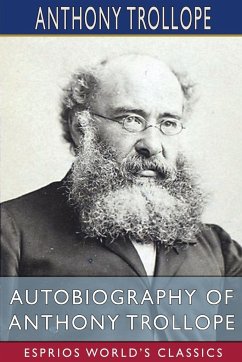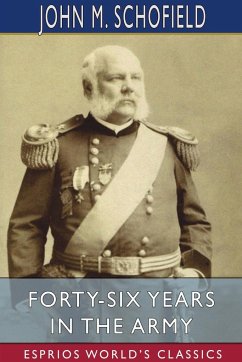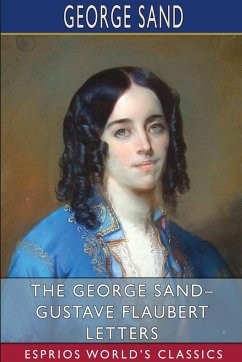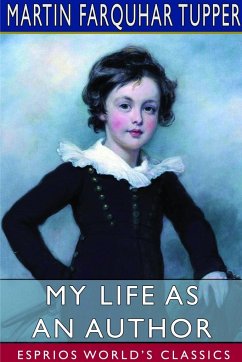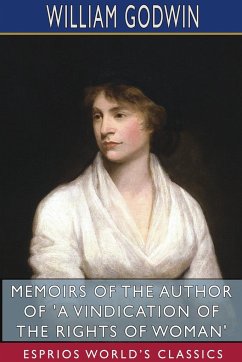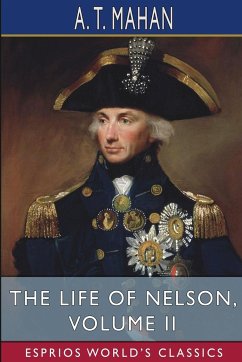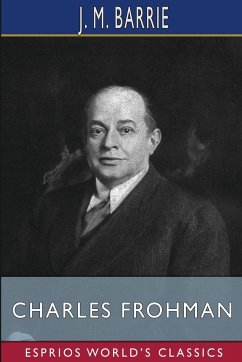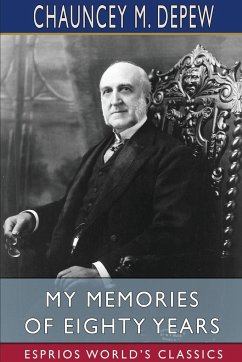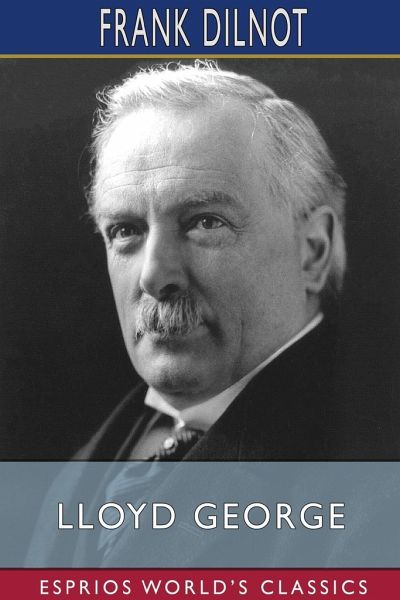
Lloyd George (Esprios Classics)
The Man and His Story
Versandkostenfrei!
Versandfertig in 1-2 Wochen
20,99 €
inkl. MwSt.
Weitere Ausgaben:

PAYBACK Punkte
10 °P sammeln!
Frank Dilnot (1875-1946) was an English author and journalist, born in Hampshire. He was educated privately and began as a newspaper reporter in 1900 on the staff of the Central News, London, which he left two years later for the Daily Mail (1902-10). He was editor of the Daily Citizen, a British labour organ (1912-15), and thereafter was a correspondent for the Daily Chronicle to investigate social and economic conditions in England. In 1916-19, he was president of the Association of Foreign Correspondents in America, and in the latter year, editor of the Globe.




